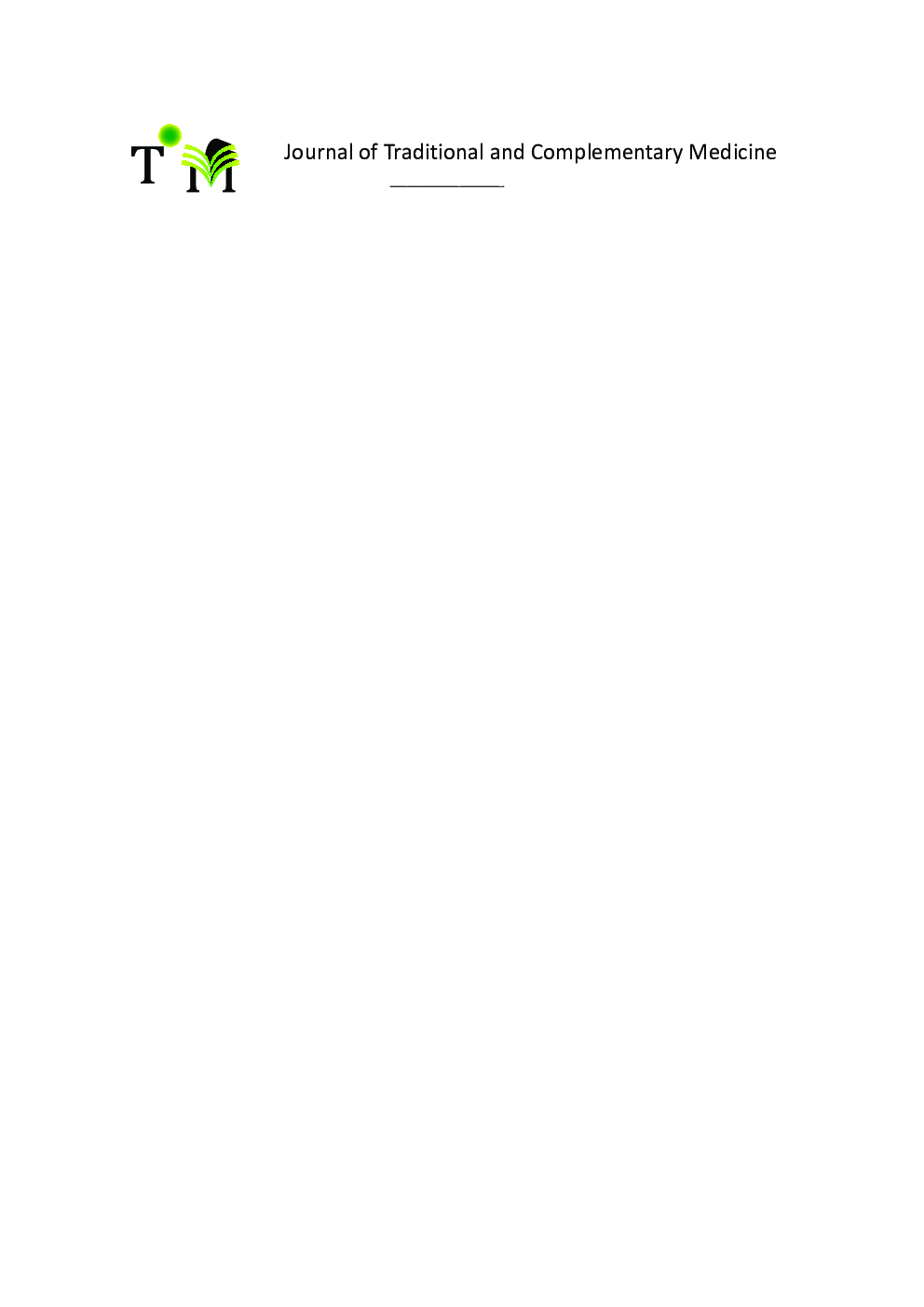| Article ID | Journal | Published Year | Pages | File Type |
|---|---|---|---|---|
| 3099839 | Journal of Traditional and Complementary Medicine | 2012 | 9 Pages |
ABSTRACTAdlay (薏苡 yì yĭ; “soft-shelled job’s tears”, the seeds of Coix lachryma-jobi L. var. ma-yuen Stapf) is a grass crop that has long been used in traditional Chinese medicine (TCM) and as a nourishing food in China for the treatment of warts, chapped skin, rheumatism, neuralgia, inflammatory, and neoplastic diseases. In addition, adlay also has been said to have stomachic, diuretic, antipholgistic, anodynic, and antispasmodic effects. Carcinogenesis is a multistage process that begins with exposure of viruses or chemicals that are found in the environment. Chemoprevention refers to the use of natural or synthetic, non-toxic chemical substances to reverse, repress, or prevent carcinogenesis. In this review, we summarize recent research attempting to study the chemopreventive blocking and suppressing potential of adlay and its active components in scavenging electrophiles and reactive oxygen species, antimutagenicity, enhancing Nrf2-mediated detoxification and antioxidant effect, altering carcinogen metabolism, suppressing proliferation, decreasing inflammation, and enhancing antitumor immunity. In addition, several active components with diverse chemopreventive properties have been also mentioned in this review article.
